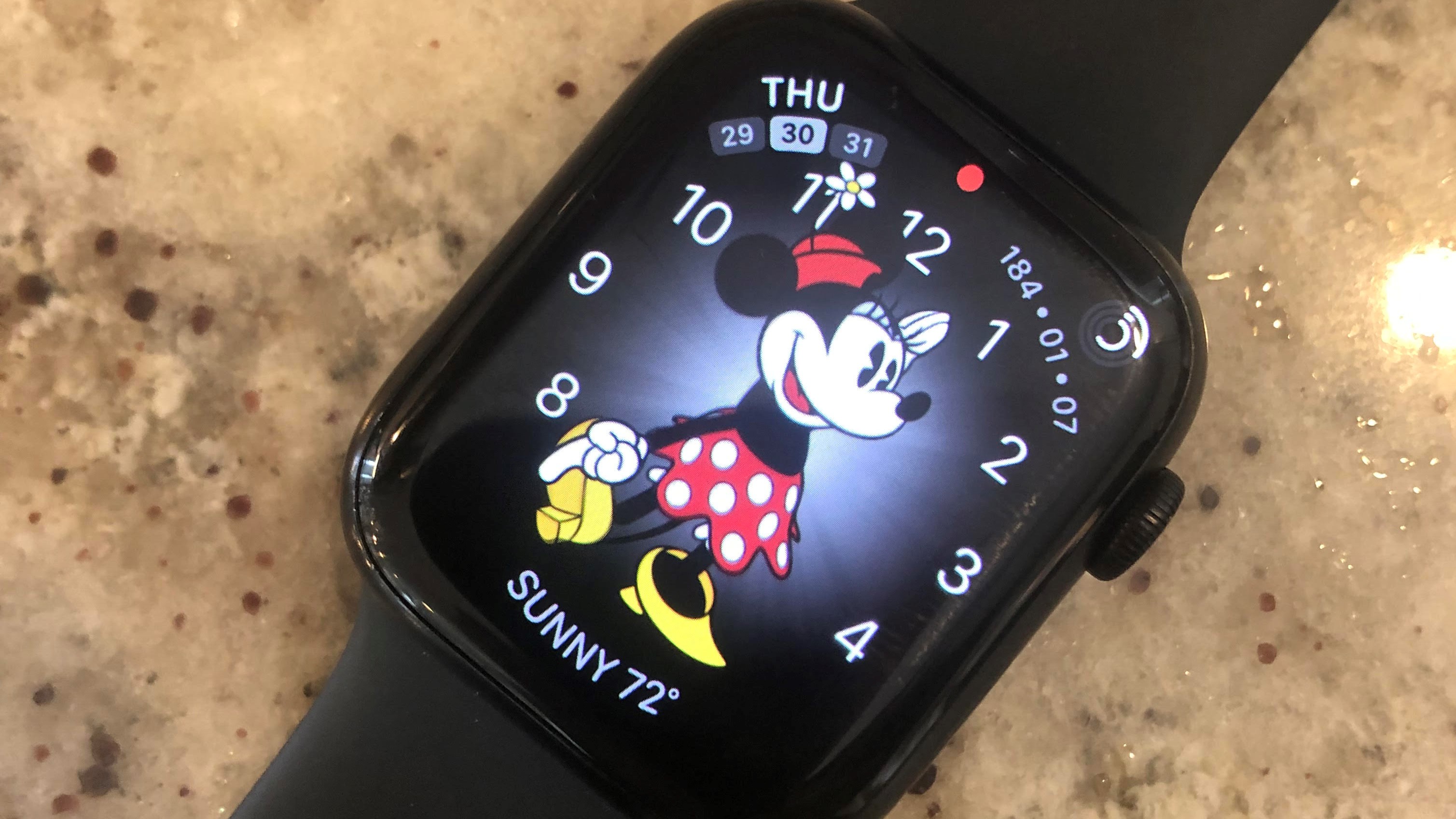
We’re knee deep in baseball season, the desultory Dog Days of deep summer looming just ahead. Typically about now, sagacious and slightly desperate columnists cast about for theoretical deals that can transform the stinker local team into a contender.
The streaming wars are reaching a similar place. Fifteen months post-Netflix Great Correction, the streaming landscape is in dire need of approaches other than cutting, shutting, laying off, and licensing out. Nowhere is the angst, and the need for transformative ideas, felt more keenly than with Disney, the world’s biggest and best known media company, now stuck in a nasty damned funk.
Bob Iger returned as CEO seven months ago, and now is more than a quarter of the way through the two-year contract he signed after the Disney board summarily jettisoned Bob Chapek.
Since then, Iger has faced down two activist investors, seen off fearsome in-house annoyance Ike Perlmutter and 7,000 other laid-off humans, and reorganized the company to give creatives responsibility over their spending. He’s also mothballed or cancelled projects, and is preparing to license others. After all that, shares on the last day of June have risen a scant 31 cents, that’s 0.3% of the $89 or so share price, since 2022 ended.
In part, that’s because Iger hasn’t fixed the company’s three biggest challenges: what to do with Hulu, what to do with ESPN (and all the rest of its broadcast/cable holdings), and what to do about a successor. But it’s also because of slowing growth at parks and resorts, accelerating cord-cutting for its cable cash cows, and possible blowback over the high-profile tussle with presidential wannabe and Florida Gov. Ron DeSantis.
The successor question got still more complex with June’s surprise departure of CFO Christine McCarthy, a long-time Iger ally and potential successor. It’s apparently true that McCarthy’s family indeed is facing serious health issues. Yet it’s also been reported that McCarthy wanted even deeper cuts than Iger has been willing to do, which suggests more unpleasant work lies ahead for somebody.
McCarthy’s departure contributed to Wall Street’s deepening Disney distaste. In response, analysts are devising some seriously creative solutions to the company’s challenges, while employing surprisingly strong language questioning whether Iger, corporate America’s closest thing to a white knight, can fix the company he’s synonymous with.
“My controversial take is that the succession plan should be to sell (Disney) to Apple or someone else, so it becomes a division, so it becomes much easier to fill those seats within a corporate entity,” Needham & Co. Sr. Analyst Laura Martin told me this week. In a recent report, Martin downgraded revenue expectations and spotlighted worsening investor sentiment that’s unlikely to improve soon.

“….the tone of incoming calls about DIS has shifted distinctly negative, and sentiment has further deteriorated since CFO Christine McCarthy left last week,” Martin wrote. “Our HOLD rating on DIS is based on our belief that consensus estimates for DIS are too high owing to DTC losses and another year of weak earnings from linear TV and box office. Longer-term, we believe DIS's asset mix of both digital and physical assets (i.e., an Omniverse) maximizes its economic value capture, that DIS benefits from generative AI, and that DIS will be a takeover target.”
Martin calls the Disney CEO job is one of the most complex on the planet. For all of Disney’s synergies between theme parks, consumer products, sports and film/TV/streaming, they are different businesses requiring very different managerial skill sets. No one on the horizon (except the departed Chapek) has had anything close to the job’s full range of experience.
To Martin, selling to Apple also would fix the $3 trillion hardware company’s biggest problem: “It’s been doing an absolute shit job on content. For Apple, either you have to go out in the market and buy storytellers, or you can hire four of the best storytellers on earth, and you get all of their (intellectual property).”
And with $90 billion a year in free cash flow and around $200 billion more in the bank, Apple is one of the few companies with the financial resources to make such a mammoth deal happen, though it’s never spent more on an acquisition than 2014’s $3 billion purchase of headphone maker Beats.
A deal would further cement the two companies’ alliance announced in early June to create immersive entertainment experiences for the $3,500 Apple Vision Pro headset coming next year, Martin said, while simplifying the job of finding Iger’s replacement. As she pointed out, the company’s been seeking a worthy Iger successor for a decade.
Whether Iger — a staunch defender of all things Disney who engineered the transformative deals for Pixar, Marvel, LucasArts and most of Fox — could ever countenance actually selling the company is another, more unknowable question.
Meanwhile, LightShed Entertainment’s analysts have their own novel suggestions for fixing what ails Disney, contained in a report released just before the holiday weekend.
At the tactical level, stop interweaving those impenetrable Marvel and Star Wars story lines across dozens of projects, so casual fans can come into either with a vague chance of knowing what’s going on before the show is done. Also, slow the cadence of franchise projects to make each release more valuable.
“With multiple Marvel movie and TV shows each year, has Disney actually made each piece of content feel like less of a must-see or at the very least, less of a must-see now?” LightShed Partners analyst Rich Greenfield, Brandon Ross and Mark Kelley wrote. Creating new intellectual property, beyond the princesses and delving into the company’s multiplying live-action remakes of its classic animated movies might help, too.
Bigger picture, the LightShed team suggested two contradictory strategies: 1) integrate Hulu and general entertainment into Disney Plus, so people who aren’t hard-core fans or parents of small children have reason to subscribe, or 2) make Disney Plus just a final repository for all those franchise shows.
“Disney could refocus Disney Plus as a vault for Disney’s catalog, much the way a consumer’s DVD wall was in the past,” the report suggests. “In this approach, Disney Plus would be where all Disney Plus content ends its life, but never where it starts its life. Movies would go to theaters and then maybe an output deal on Netflix or even offering the next Star Wars series to Max or Prime Video. After an initial licensing window, all content ends up on Disney Plus, where it lives forever and becomes a must-subscribe for families with young kids and Disney franchise super fans.”
Other analysts have weighed in, too, though not always with such radical recommendations. KeyBanc Capital Markets downgraded the company to “sector weight” on Wednesday, citing deepening uncertainties around park attendance, pricing, product differentiation from streaming competitors, the cord-cutting transition, and everything else you’ve read about the last 18 months.
CNBC analysts Josh Brown and Stephanie Link of wealth-management firm Hightower both chimed in Thursday with negative takes on Disney’s half-year of non-progress, with Brown calling the KeyBanc report a why-bother “clown grade” that offered no new reasons to doubt the end of Disney doldrums.
“The stock’s been a falling knife for a year,” said Brown, CEO of investment advisory firm Ritholtz Wealth Management. “Cost-cutting is not the issue. The content sucks.
They have serious content issues. That’s the part Bob Iger can fix.”
Yes, eventually, with time, which Iger doesn’t have in his current contract.
In fact, with Pixar’s last two films — Lightyear and Elemental — woefully underperforming, and fan bases for Marvel and Star Wars looking a bit bored with some of the new shows, content will need sustained attention and perhaps a different spending approach (and getting Ryan Murphy back won’t fix the princesses and spandex issues at Disney Plus, and might complicate a Hulu integration). But it won’t happen overnight, or even in the next 17 months.
So the question becomes: does Bob Iger sell, kicking Disney’s manifold issues on to the next buyer? Or does he fundamentally reshape Disney Plus and a fully owned Hulu, while trying to fix everything else? And yes, what is he going to do with ESPN? Thank goodness the analysts have two more months of summer’s Dog Days to come up with more interesting ideas.







